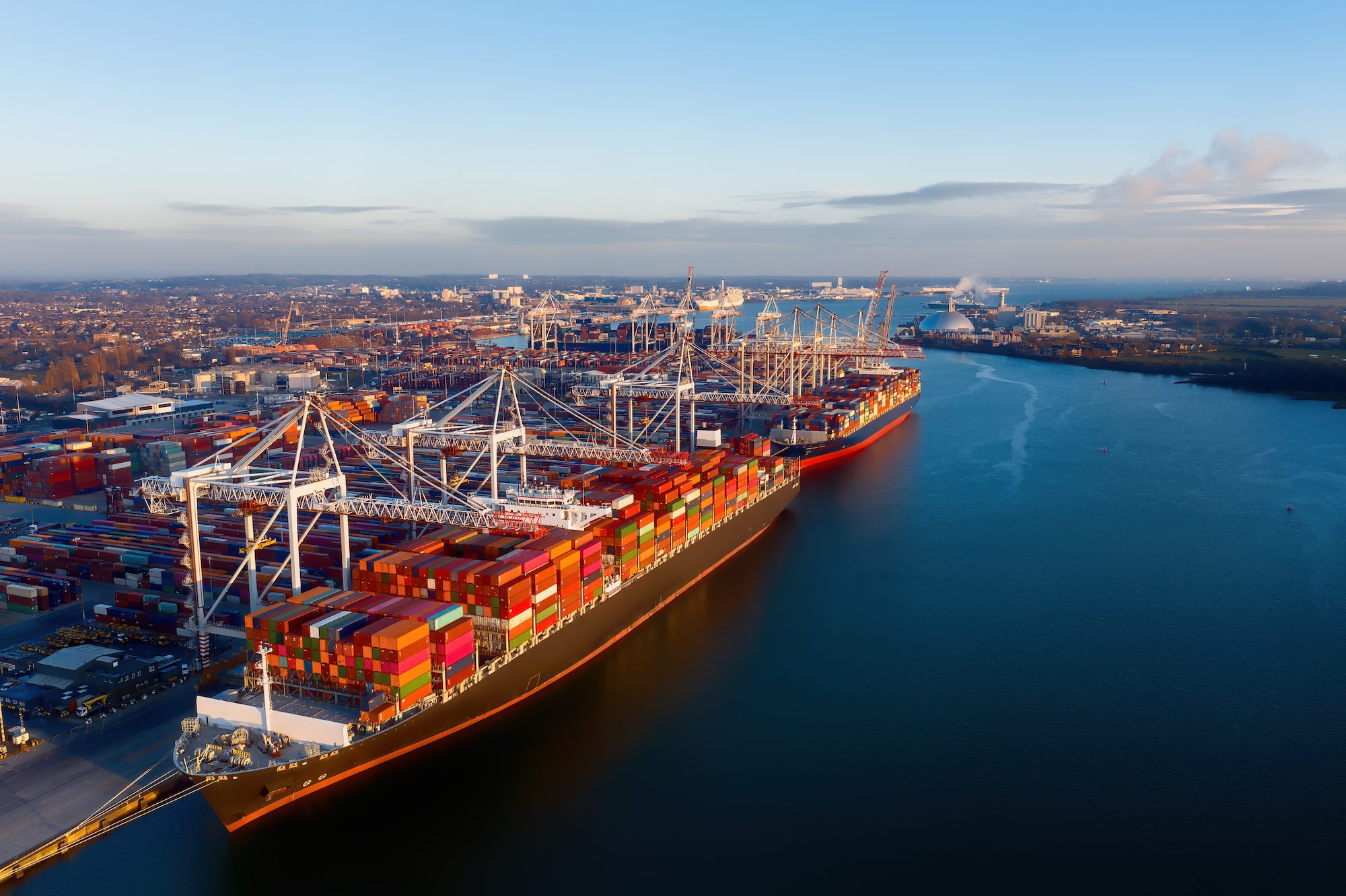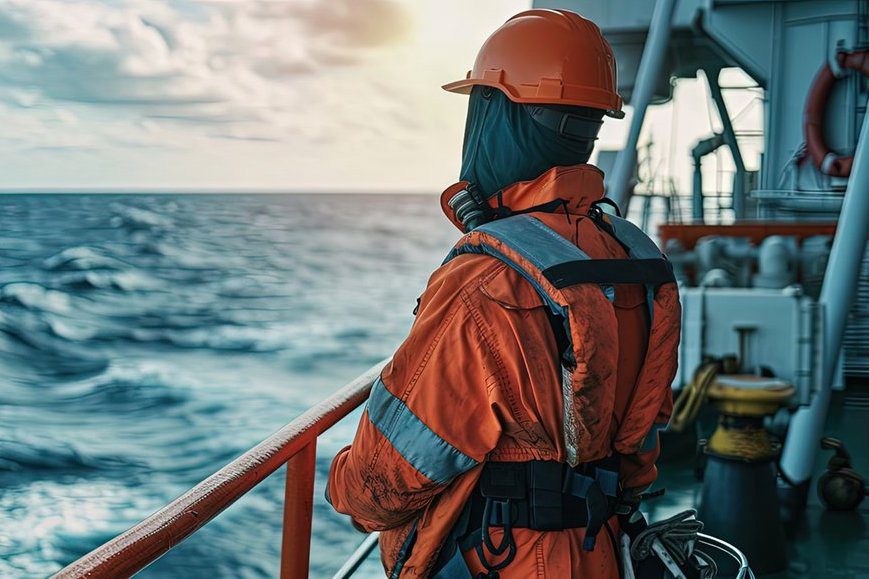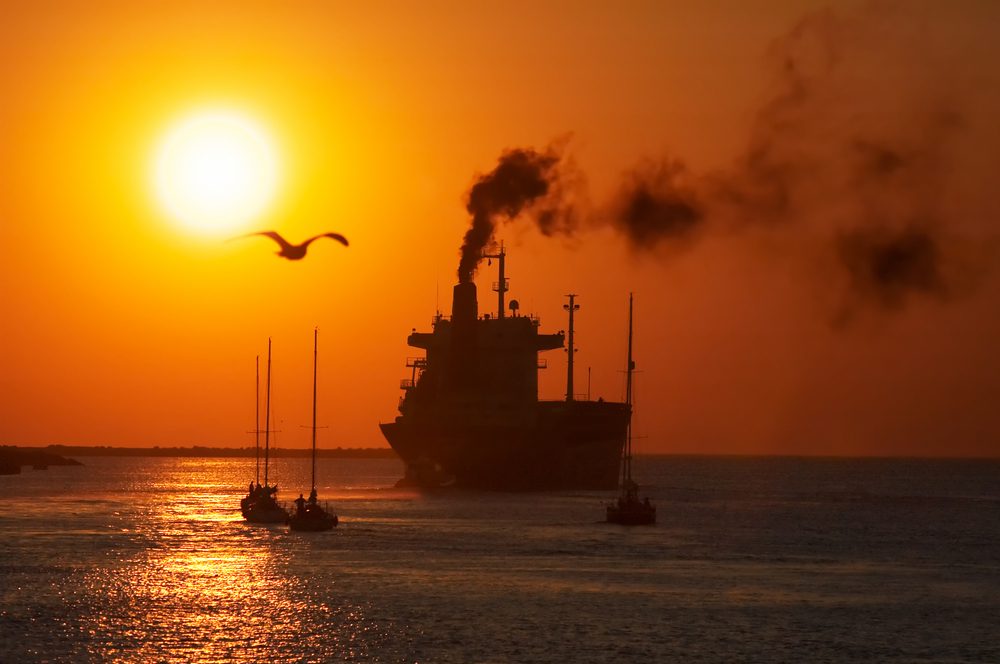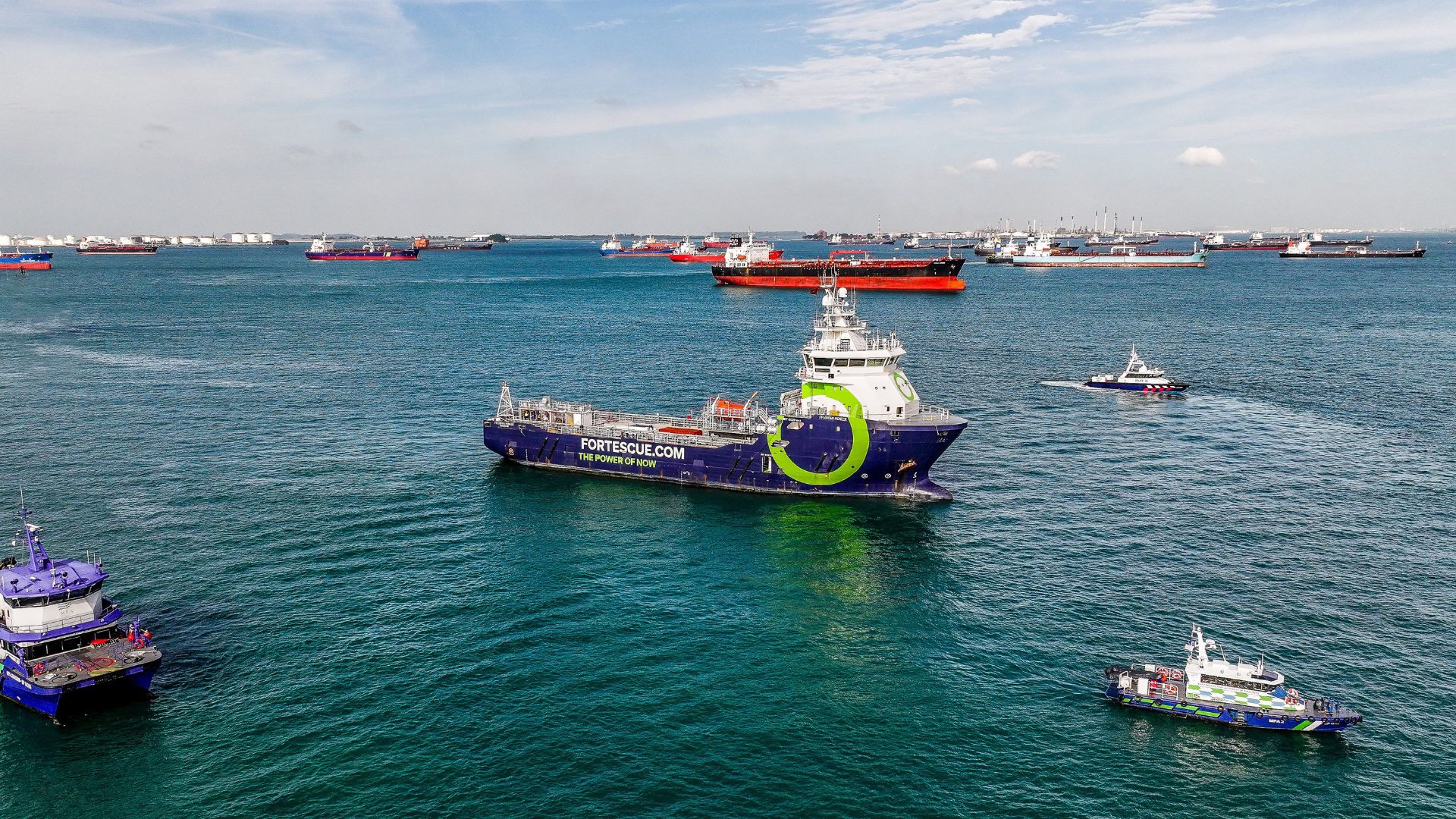The International Association of Ports and Harbors (IAPH) has issued an urgent call for IMO Member States to adopt the Net Zero Framework (NZF) at the upcoming extraordinary MEPC meeting in mid-October, warning that failure could derail the maritime industry’s energy transition and leave developing nations behind.
The International Association of Ports and Harbors (IAPH) has issued an urgent call for IMO Member States to adopt the Net Zero Framework (NZF) at the upcoming extraordinary MEPC meeting in mid-October, warning that failure could derail the maritime industry’s energy transition and leave developing nations behind.
Speaking at a decarbonization event during London International Shipping Week, IAPH Managing Director Patrick Verhoeven delivered a stark message about the consequences of rejecting the framework: “A failure to adopt the Framework would create absolute investment uncertainty, both for shipping companies and ports, and with that significantly delay the decarbonisation of the maritime sector. Achieving IMO’s net zero targets would become impossible.”
The IMO Net Zero Framework, which was agreed upon last April, combines mandatory emissions limits with a global economic measure consisting of a pricing mechanism and credit trading scheme to drive down emissions and fund the transition to zero and low carbon fuels. The framework aims for net-zero emissions by or around 2050.
Verhoeven emphasized that the economic measure is particularly crucial for developing nations: “IAPH supports the economic measure as it will also provide vital funding for infrastructure investments in ports of developing countries, in order for them not to be left behind in the energy transition.”
A study commissioned by IAPH from Maritime & Transport Business Solutions (MTBS) estimates that the total investment needs for port adaptation and mitigation in developing countries amounts to between 55 and 83 billion USD. The report highlights how the proposed IMO Net Zero Fund could help developing countries invest in necessary adaptation and mitigation measures.
The IAPH has consistently backed the introduction of a global fuel standard for shipping and an economic measure since before MEPC80 in July 2023, when it submitted a call with others for an economic measure to close the price gap between hydrocarbon and low/zero carbon fuels.
Verhoeven warned that without a unified global approach, the industry risks a patchwork of regional regulations that would complicate compliance and potentially undermine decarbonization efforts: “It would most likely lead to more regional decarbonisation measures for shipping, adding to those already introduced through the Emission Trading Scheme by the EU. This will result in a complex regulatory patchwork which will be extremely challenging for ship owners and operators to comply with and which will have unintended consequences like we have already seen in the case of Europe. A mixture of national and regional measures could spell a disaster for the maritime energy transition.”
The vote comes at a time of conflicting industry positions. While the International Chamber of Shipping, representing over 80% of the world merchant fleet, has formally backed the IMO’s Net Zero Framework and called for its adoption to provide industry clarity, the American Bureau of Shipping (ABS) has urged the IMO to “pause and rethink” the framework.
ABS Chairman and CEO Christopher J. Wiernicki has argued that shipping and the IMO are on “different trajectories” with no clear pathway for green fuel availability and infrastructure support. The ABS position maintains that LNG and biofuels are “mission critical” and should not be overlooked, while also calling for greater recognition of nuclear propulsion as a strategic option.
Adding to the complexity is opposition from the Trump Administration, which has characterized the framework as “effectively a global carbon tax on Americans levied by an unaccountable UN organization.” The administration has threatened retaliatory measures against countries supporting the framework and has actively approached other IMO member countries warning them not to adopt it.
Meanwhile, a new report indicates the shipping industry is already off track to meet its 2030 climate target. According to the fourth annual “Progress towards shipping’s 2030 breakthrough” report, developed by UCL Energy Institute, the Global Maritime Forum’s Getting to Zero Coalition, and the Climate High-Level Champions, the sector is not on pace to achieve its goal of having 5-10% of international shipping fuels come from scalable zero-emission sources by 2030.
The report reveals a concerning disconnect between technological readiness and market implementation. While technologies for scalable zero-emission fuels (SZEF) have advanced significantly—with methanol engines now commercially available and ammonia engines in final testing stages—demand and finance trends show critical gaps that threaten the industry’s decarbonization timeline.
“The agreement of the IMO’s Net Zero Framework was a significant feat of multi-lateral diplomacy, but we are not yet seeing the level of momentum the industry needs,” states Jesse Fahnestock, Director of Decarbonisation at the Global Maritime Forum.
Current projections indicate that only about one-third of the demand needed to meet the 5% target would materialize by 2030 without accelerated action—a shortfall representing approximately 9 million tonnes of fuel oil equivalent, or roughly 400 large container ships worth of capacity.
With the vote scheduled for the week of October 13, the outcome will have significant implications for the future of maritime decarbonization and global efforts to achieve net-zero emissions in the shipping sector.
Editorial Standards · Corrections · About gCaptain

 Join The Club
Join The Club











